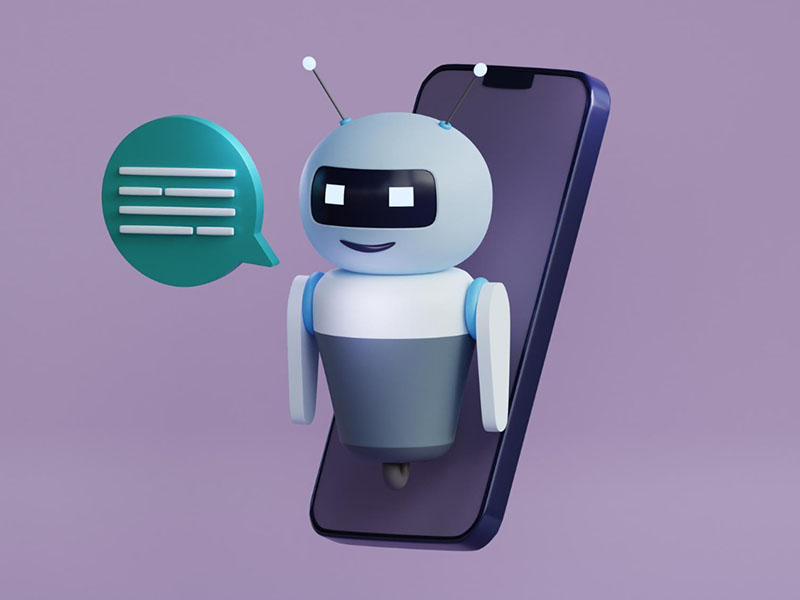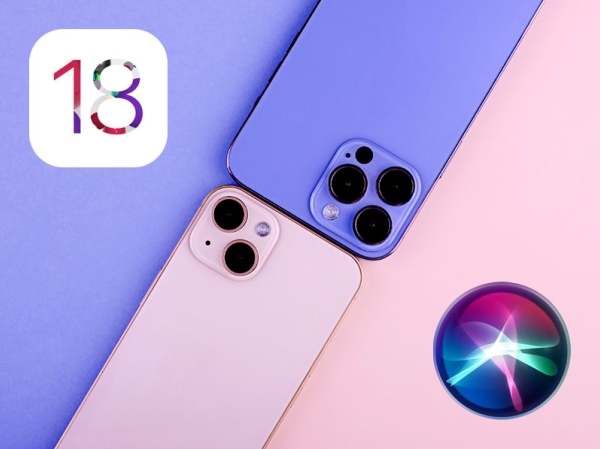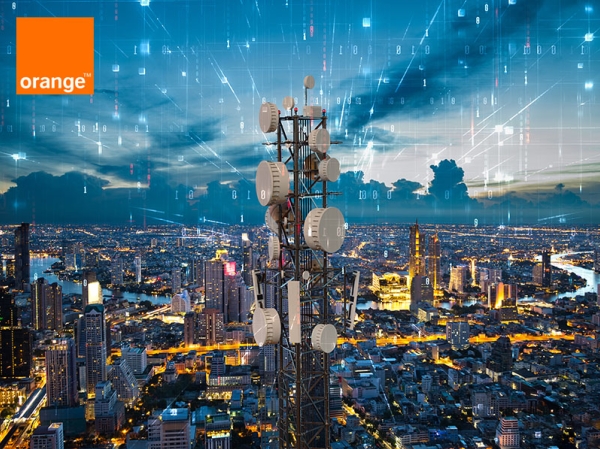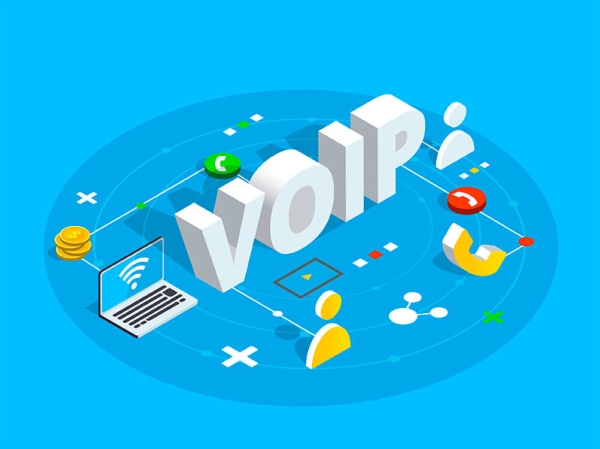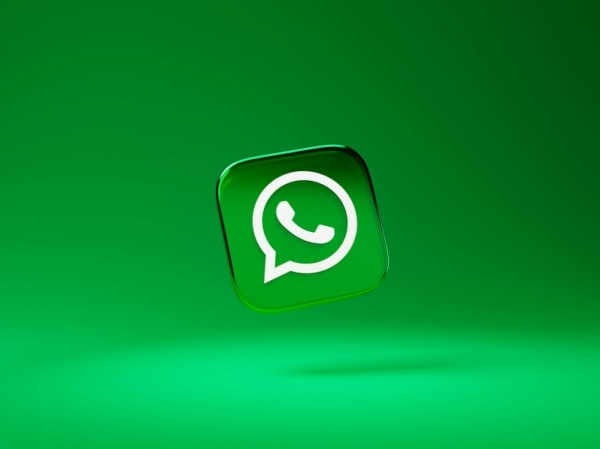OpenAI has launched its latest Artificial Intelligence model, GPT-4o, in the free version of ChatGPT. This "limited access" release marks an innovative coexistence between the new GPT-4o and the well-known GPT-3.5, significantly expanding the tool's capabilities.
What is GPT-4o and what does It offer?
The GPT-4o model, with the suffix 'o' standing for 'omini', represents a significant advancement by natively supporting multiple input modalities. This means it can understand and generate content from text, audio, and images, with a response time of only 232 milliseconds.
Iterative and free implementation
OpenAI has announced that GPT-4o will be implemented "iteratively" and will be available for free to ChatGPT Plus users first. Additionally, a new alpha version of the voice modality with GPT-4o is expected to arrive for this subscription in the coming weeks.
How to access GPT-4o in free ChatGPT
Users can select GPT-4o from the options menu located at the end of the toolbar in the ChatGPT interface. By clicking the "Change Model" button, two options are presented: GPT-3.5 and GPT-4o.
Limitations and benefits of the Free Version
In the free version of ChatGPT, users have limited access to advanced functionalities such as data analysis, file uploads, image recognition, internet browsing, and the creation of custom GPTs. Although these tools are more restricted compared to the paid subscription, the inclusion of GPT-4o adds significant value.
OpenAI has clarified that the use of GPT-4o in the free version comes with restrictions on the number of messages that can be sent, which vary according to current demand and usage. When GPT-4o is not available, the tool will revert to using GPT-3.5, ensuring continuity of service.
User testing and experience
According to Europa Press, when attempting to add a second file, such as a PDF, in the free version, ChatGPT prompts the user to upgrade to ChatGPT Plus to continue using these advanced functions. This demonstrates the clear differences between the free and paid plans but also highlights the flexibility that OpenAI is offering with GPT-4o.


